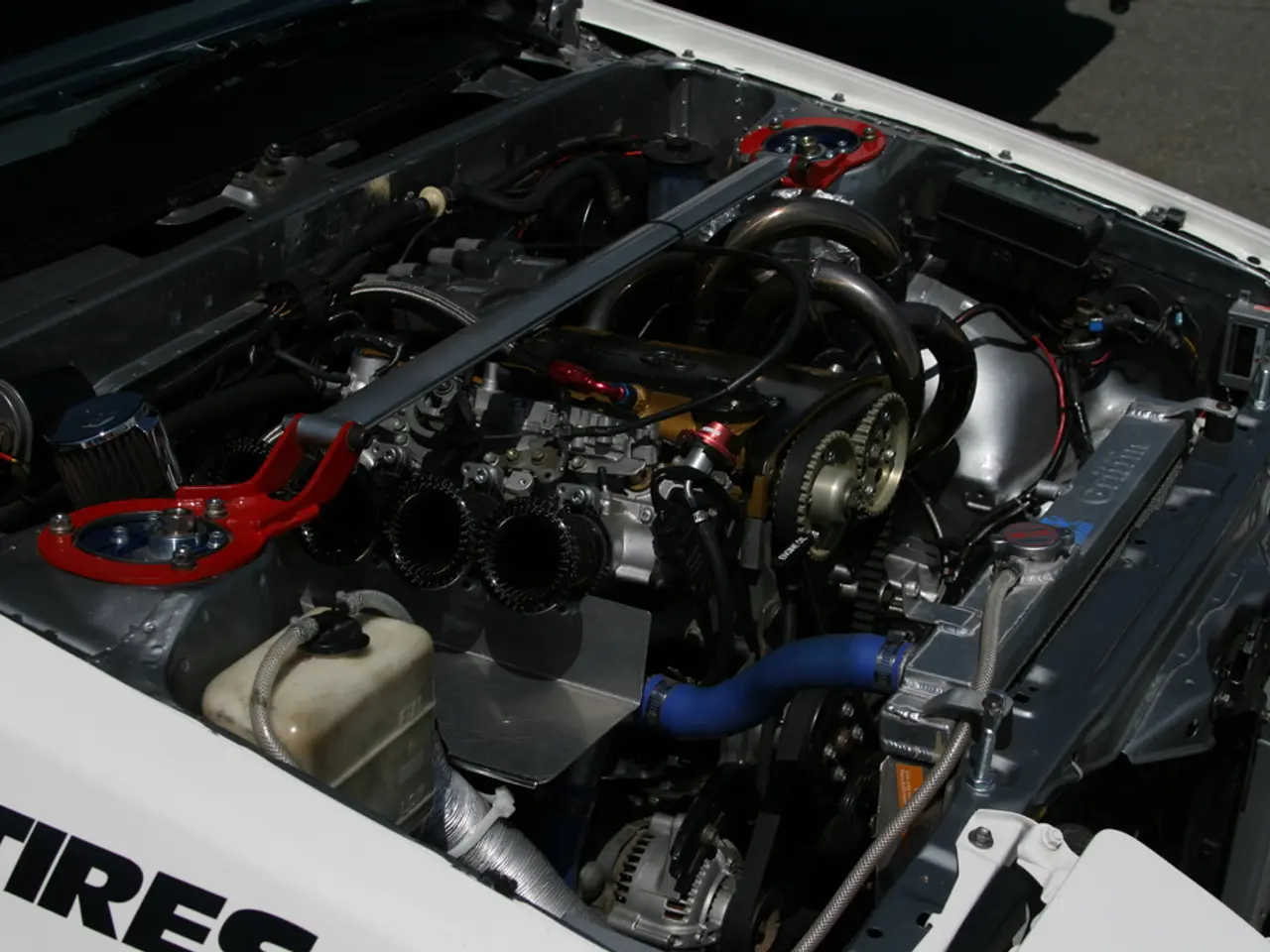EU Seeks Energy Independence: Germany Explores Domestic Lithium Extraction
The European Union is eager to secure its own lithium sources to lessen its dependence on imports. This strategic move is driven by lithium's crucial role in modern batteries and the automotive industry. Germany, a key EU member, is actively considering domestic lithium extraction projects.
Germany is exploring potential lithium-bearing areas, including the Altmark region in northern Saxony-Anhalt where Neptune Energy discovered a substantial deposit estimated at 43 million tons of lithium carbonate equivalent. Successful pilot extraction trials were completed in 2025. Other regions under consideration are the Erzgebirge, the Upper Rhine Graben, and areas in Rhineland-Palatinate and Hesse. The government is open to these projects, provided they meet economic viability and environmental standards.
Environment Minister Carsten Schneider supports these efforts, emphasizing the importance of adhering to environmental standards. The Raw Materials Fund is set up to facilitate investments in these projects. Several projects are currently under review, and the government plans to decide on concrete applications and subsidies by the end of this year.
Lithium extraction projects in Germany are being seriously considered to bolster the EU's strategic raw material supply. The government is committed to evaluating these projects based on economic viability and environmental sustainability, with a decision on subsidies expected by the end of the year.
Read also:
- Federal petition from CEI seeking federal intervention against state climate disclosure laws, alleging these laws negatively impact interstate commerce and surpass constitutional boundaries.
- Hydrogen Energy: Sustainable Innovation or Resource Exploitation?
- Dim outlook for a major energy corporation
- Underwater pipeline shutdown initiative by Michigan challenges scope of American foreign policy, contends Trump Justice Department







